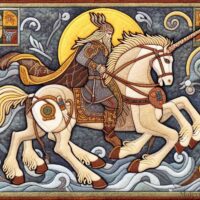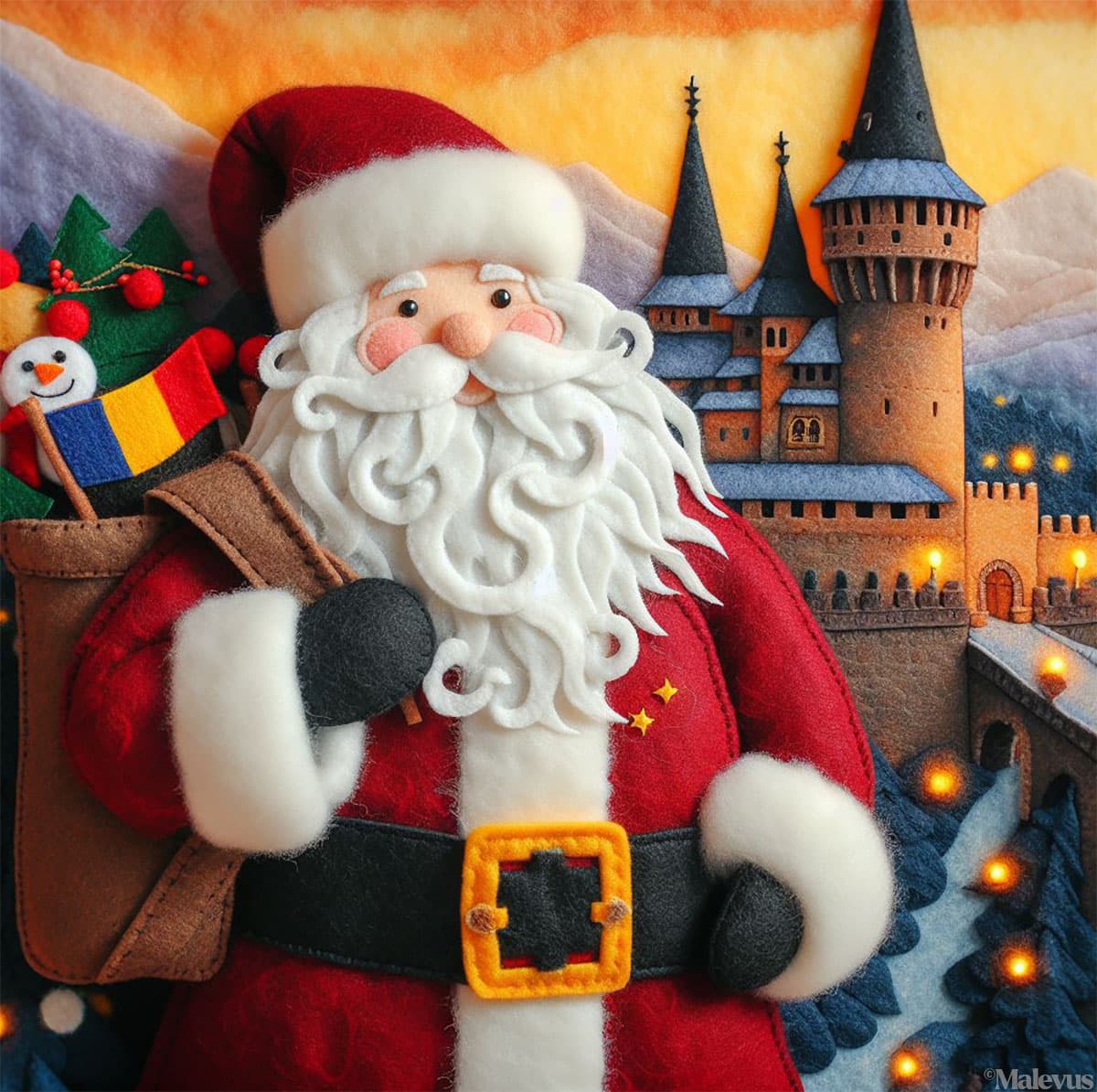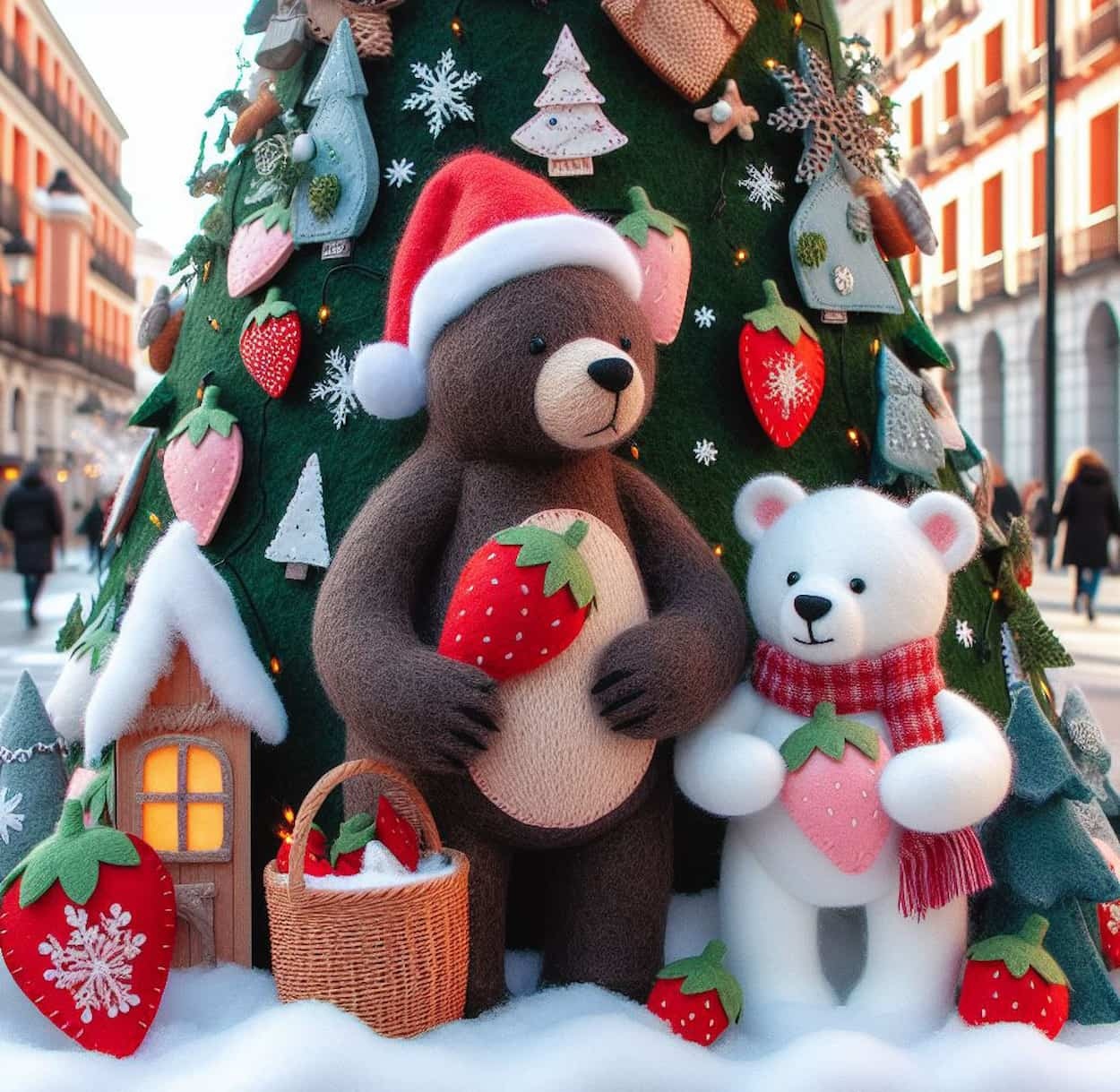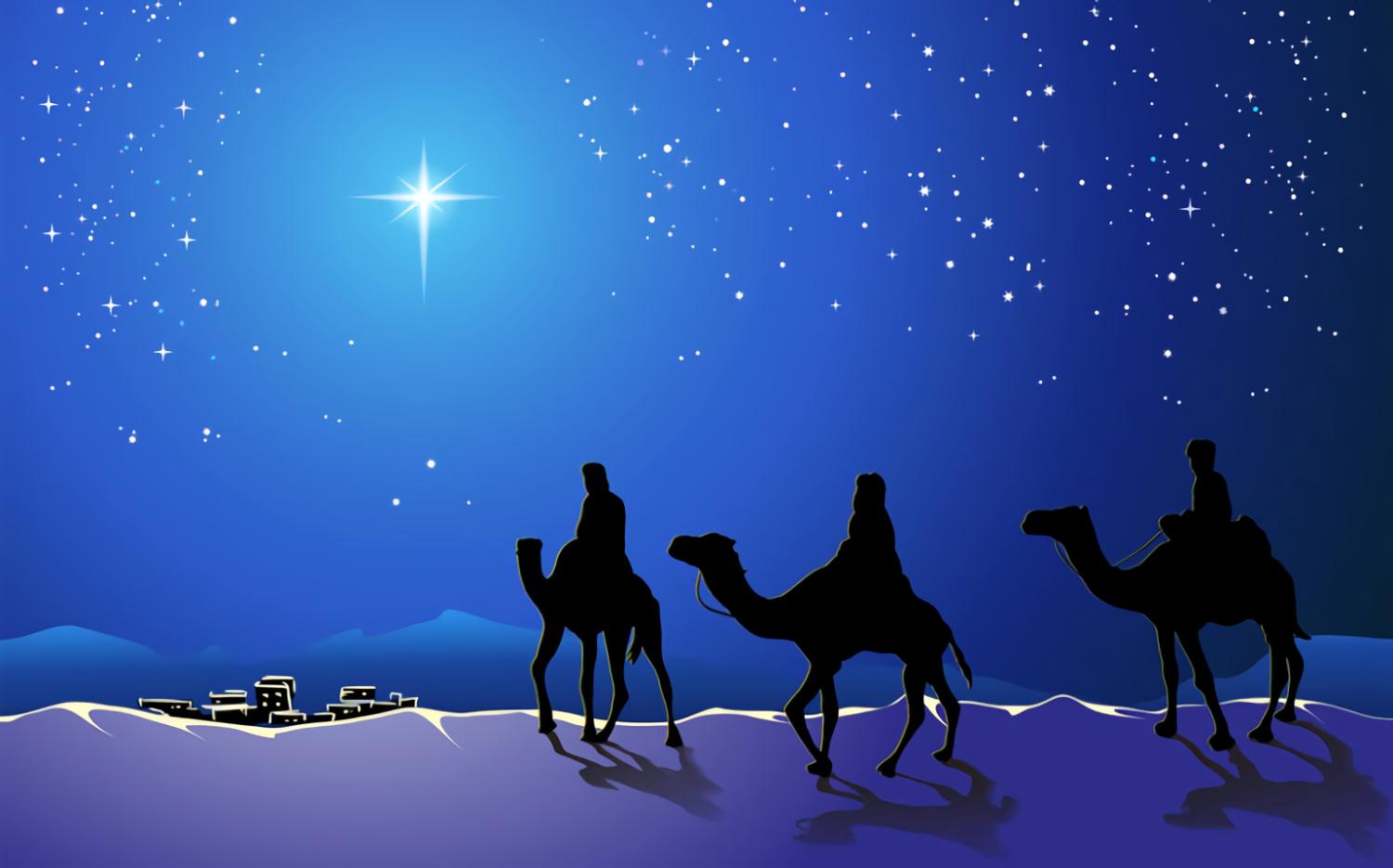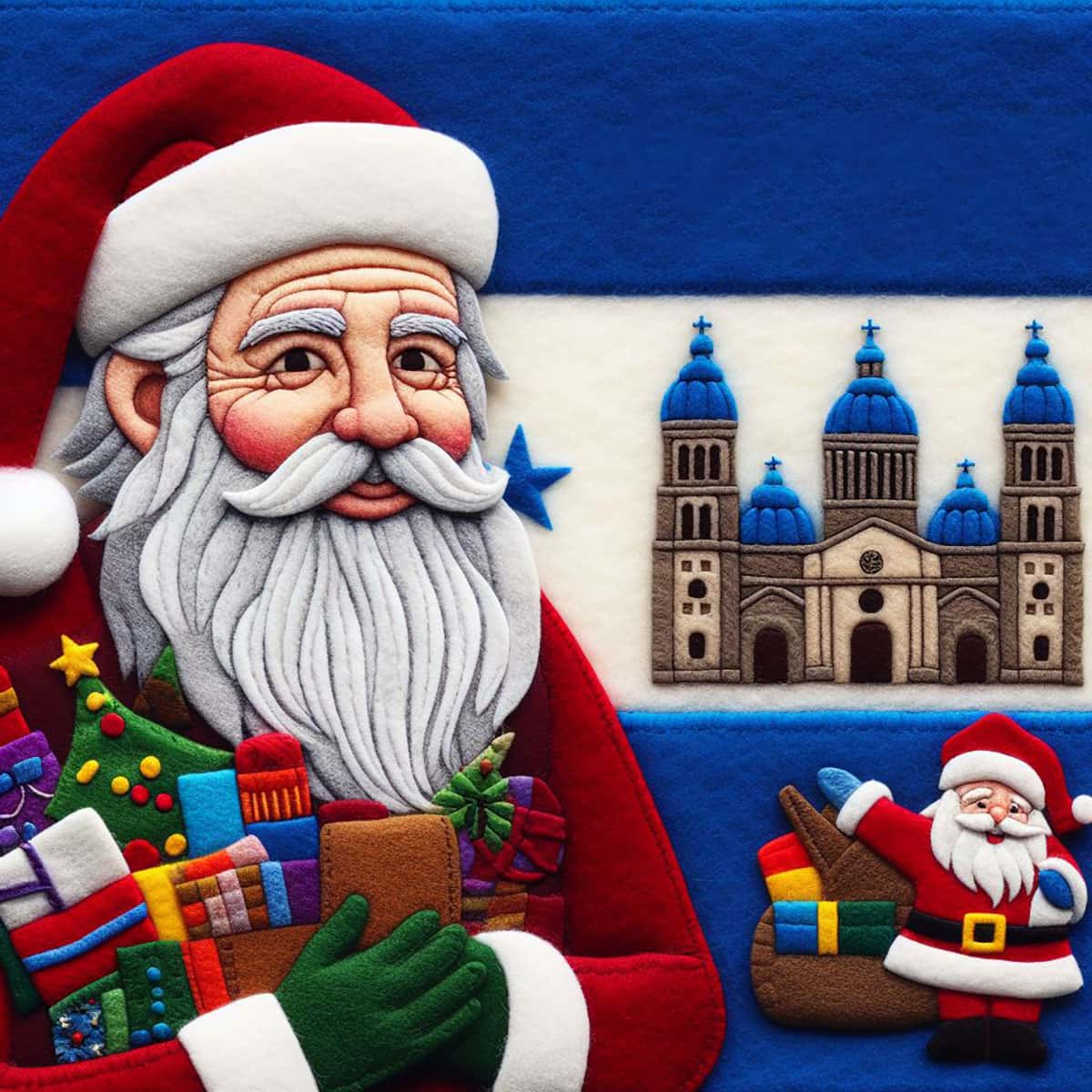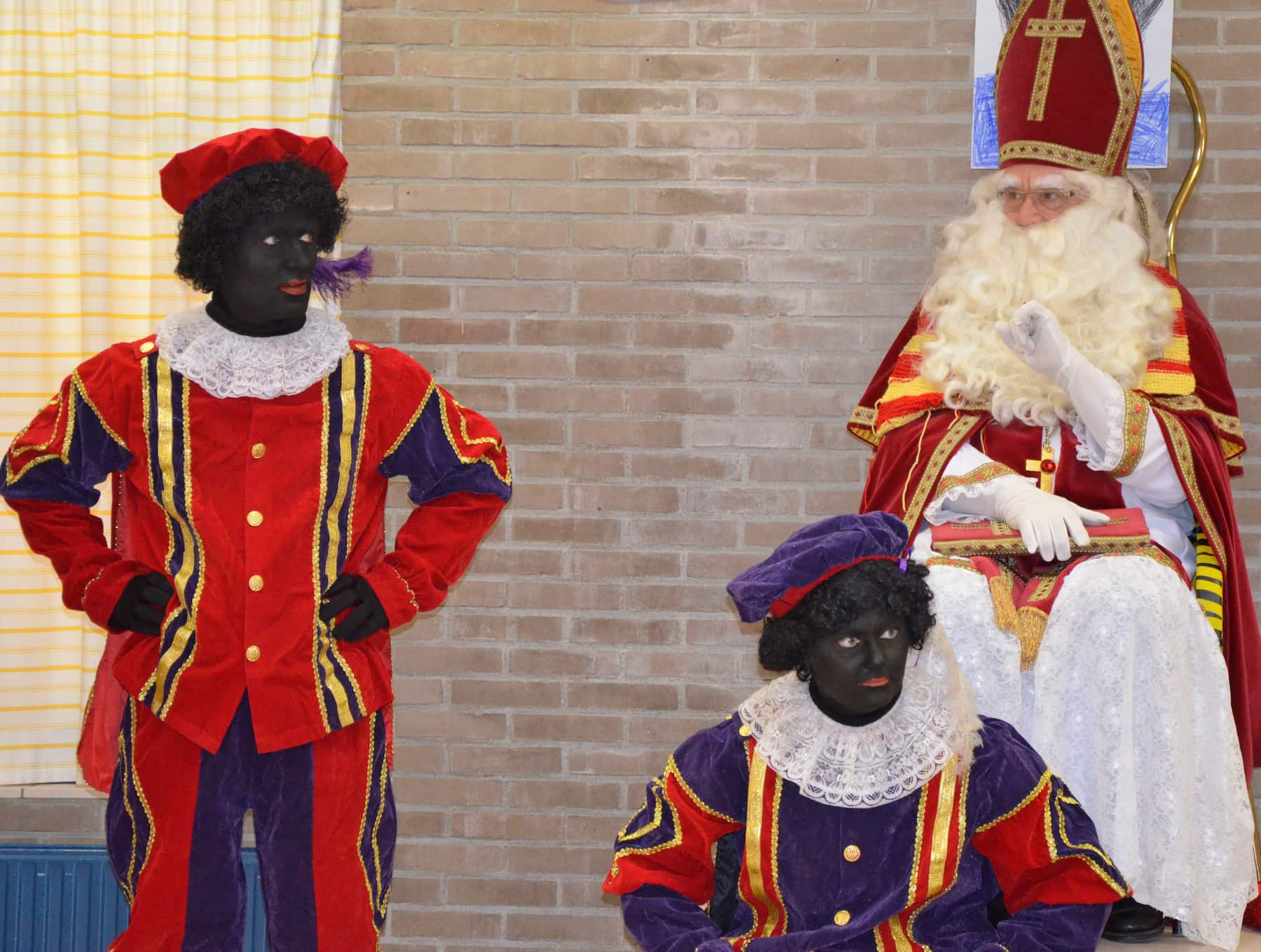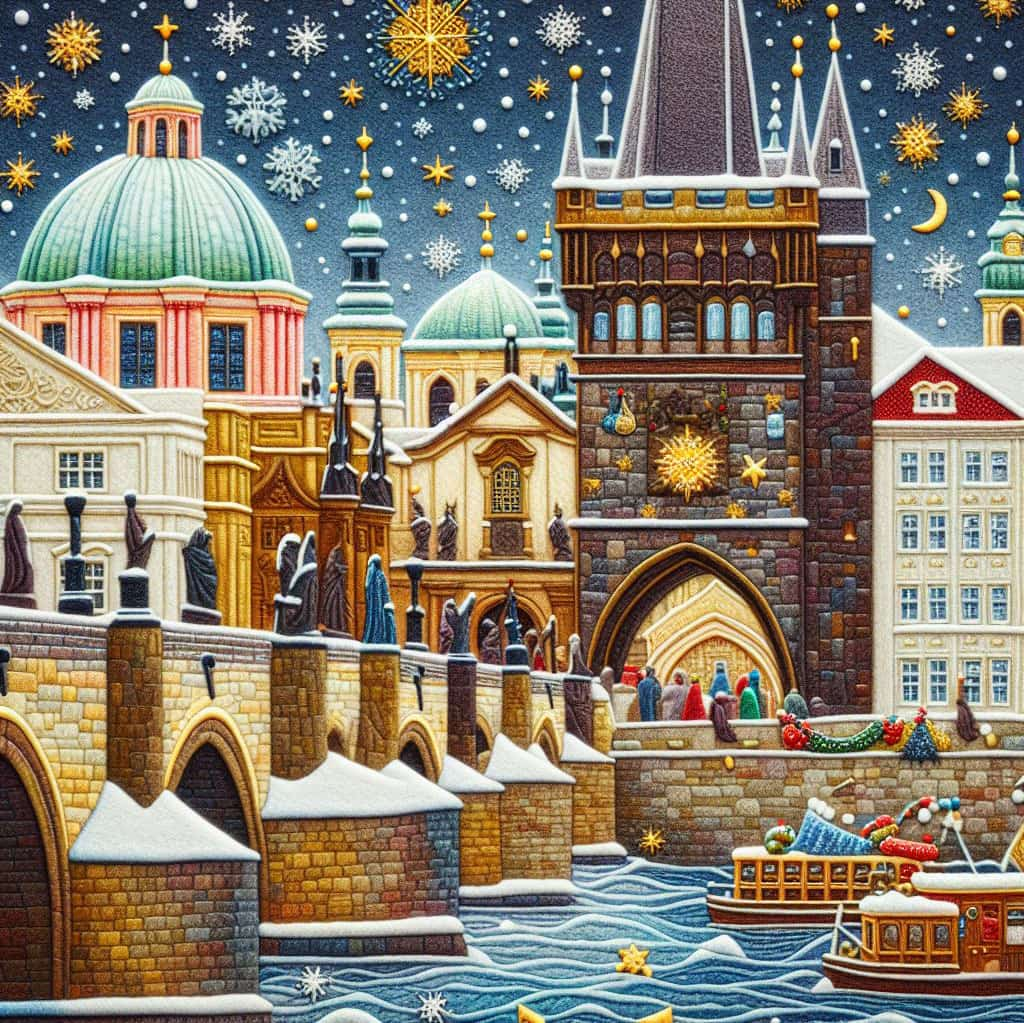Millions of people all across the globe celebrate Christmas, but did you know that even some of the unlikeliest nations also mark the holiday? Kenya, Kazakhstan, Tanzania, Egypt, Chad, and Iraq are a few examples of the nations that designate Christmas as a public holiday. Some nations have just a small Christian population (1% in Japan), yet they still celebrate the holiday by including secular elements. Muslim Iraqis even go one step further to erect the biggest Christmas tree in the Middle East.
-> See also: 48 Countries That Celebrate Christmas Widely
Kenya
Heri ya Krismasi is the Swahili equivalent of “Merry Christmas” in Kenya and both English and Swahili are recognized as official languages in this country. The expected answer to this remark is “Wewe pia,” which means “also you.” Kenya’s cultural variety is reflected in the combination of these languages and their celebration of Christmas on December 25 as an official holiday.
In Kenya, Santa is called “Father Christmas.” He looks very similar to the Santa Claus who visits children in North America and Europe, with a full white beard and a red velvet suit trimmed in white fur. However, because there is usually no snow in Kenya, Santa doesn’t come in a sleigh pulled by reindeer. Instead, he drives a Range Rover, or he sometimes arrives riding a bicycle — or even a camel. The Father Christmas tradition is more common in urban areas of Kenya.
On December 25, Kenyans travel to their hometowns to celebrate the holiday with their family. Many people travel out of major cities to more remote villages in preparation. Many Kenyans attend Christmas churches for a sermon, singalongs, poetry readings, and dance performances. Nativity plays are widely observed.
Carolers go from house to house singing traditional carols in English, but Christmas songs are also written in Swahili. One of the most famous is “Christmas na Kimangu” or “Christmas Mystery,” describing Jesus’ birth. One of their popular Christmas foods is nyama choma (grilled goat) which they pair with sides like rice and chapati (flatbread).
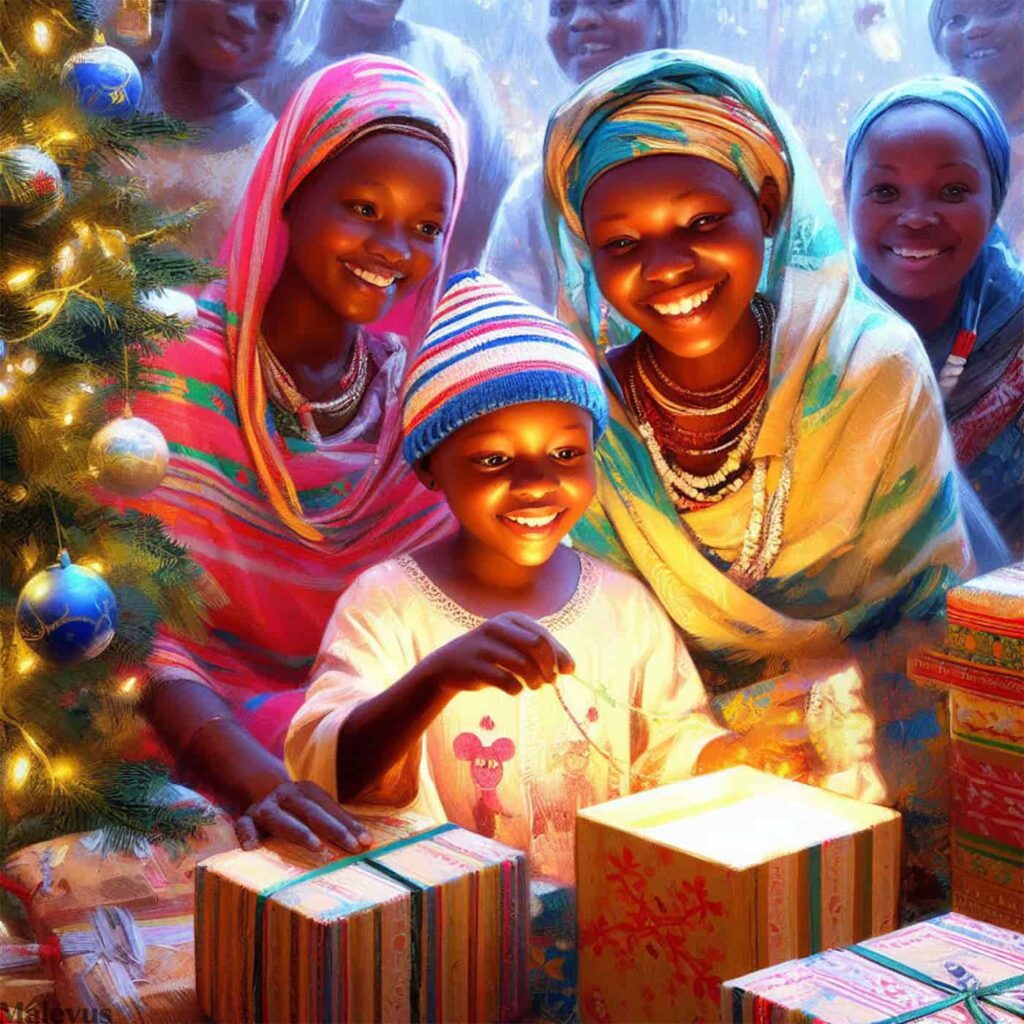
-> See also: All 15 Countries That Don’t Celebrate Christmas
Kazakhstan
Other than Kyrgyzstan, Kazakhstan is the only Turkic nation where Christmas is a public holiday. While ethnic Kazakhs are Muslims, as much as 24% of Kazakhstan’s population are Orthodox Christians and they are Russians, Ukrainians, and Belarusians.
Therefore, Christmas in Kazakhstan falls on January 7 according to the Orthodox calendar. The Orthodox Christmas services are conducted in all churches and the birth of Jesus is celebrated with traditional songs and Bible readings.
Kazakhstani families traditionally get together for large Christmas dinners. Beshbarmak (a lamb dish), a robust blend of boiling beef and noodles, is a popular food during family gatherings, as are plov (pilaf), a tasty rice dish, and baursaki (boortsog), a fried dough. Sharing a meal together exemplifies the season’s spirit for Kazakhs.
Many Kazakhs engage in charity giving around this time of year, whether through financial contributions to organizations or by providing direct aid to people in need. Holiday cheer is spread throughout the house with the help of Christmas trees and nativity sets. The Muslim Kazakhs, on the other hand, celebrate the New Year with as much fervor as their Christian neighbors do the Christmas holiday.
Japan
Only 1% of Japan is Christian, 62% have no religion and 31% are Buddhist. Despite this strong contrast, Christmas is actually a popular holiday in Japan, although in a different way. For Japanese people, Christmas is just another Valentine’s Day. This day in Japan is a mix of romance, gastronomic pleasures, and vivid illuminations, from the custom of eating KFC for Christmas dinner to the public light displays that cover the streets. The gift-giving of Japanese culture also contributes to this season’s cheer.
From the centuries-old custom of Hanami, the viewing of the fleeting beauty of cherry blossoms, to the more recent habit of eating KFC on Christmas Eve, the customs of Japan are surely interesting. People make a reservation at KFC restaurants weeks in advance to not miss the chance of a romantic Christmas Eve dinner.

Tanzania
Tribes in this mostly Christian African nation (63% Christian) celebrate Christmas by going to church since Christmas is an official holiday. People in the neighborhood get up early and dress up for a religious ceremony. New clothing and small presents are often given to young Tanzanians.
There is a frantic rush as Tanzanians prepare their homemade Christmas decorations, frequently made from recycled items like bottles, in the days running up to Christmas. Beyond the customary and family celebrations, Tanzania’s many National Parks make Christmas even better.
In Tanzania, it is customary to buy a cow or goat in the new year, care for it throughout the year, and then butcher it on Christmas Eve. The meat, notably the supu (offal) and makorongo (legs), takes center stage in the Christmas Eve feast. At this time, there is an unrestricted flow of homemade beer brewed in Tanzanian towns and among tribes.
In the 16th century, during the Portuguese administration of Tanzania (1505–1513), Roman Catholic Franciscans built a mission in the seaside city of Kilwa. By the 1840s, both Catholic and Protestant missions dotted the coastline. In 1868, a group of missionaries called Spiritans landed in the region. In 1876, the Anglicans set up shop in Tanzania. In 1934, the Christian Council of Tanzania was established and Christianity acquired adherents in the country despite opposition from preexisting religions like Islam and indigenous African faiths.
Egypt
10% of Egypt or 10 million are Orthodox Christians of the Coptic Church and Christmas is an official holiday in Egypt. The Orthodox Egyptians begin their fast on November 25 and continue for 43 days, untill January 7. Their fasting consists of plant-based foods and does not contain eggs, dairy products, or poultry. The Egyptian Christians observe Christmas Eve with liturgy held in churches throughout the country.
Gifts of ‘kahk‘ (special Egyptian biscuits) are often brought over as a tradition during Christmas. Santa Claus is renowned in Egypt and he is known as Baba Noel. Children adore him and look forward to his film adaptations every year.
All the streets and public spaces get decked up for Christmas, and the result is a feeling of holiday cheer. Bright lights of all hues and Christmas trees are seen around the Egyptian cities.
Because all Egyptians, not just Christians, celebrate Christmas. This is due to the fact that the Gregorian calendar of December 25 is celebrated by Egyptian Muslims as the beginning of a new year, similarly to the situation in Turkey.
Chad
To coincide with the Western Christian calendar, Christmas in Chad is celebrated on December 25 as an official holiday. 52% of Chad is Muslim while 44% is Christian. On Christmas Eve, Christians join in church services replete with singing, dancing, and the reading of the nativity narrative. After the religious ceremonies, a celebratory feast is shared, often consisting of the Chadian staples of lamb or goat, rice, and millet.
While Christmas lights and ornaments aren’t often seen in Chadian houses or churches, a few may be displayed. However, there are parades and concerts held in public to celebrate the event in certain areas, especially in the capital city of N’Djamena. However, lavish gift-giving isn’t a big deal during the Christmas season in Chad. In many communities, charitable deeds take precedence over gift-giving.
Although Chad is mostly Muslim, the holiday season is a widespread time for family gatherings in Chad, and this is mainly due to the spirit of this celebration, as Christmas is a time of giving and charity and kindness are important for Chadians. Many Chadians choose to help the poor and sick at this time.
Iraq
The Iraqi Cabinet passed a bill designating December 25 as a national holiday “in commemoration of the birth of Jesus Christ” in 2018. Unlike in previous decades, when the festival was mostly celebrated by Christians, it is now celebrated by all Iraqis. The Christmas season is a time of giving, especially for many Christians in Iraq. In 2002, there were around 1,6 million Christians in the country, and there are now 150,000 to 300,000. In 2015, Iraq erected the biggest Christmas tree (85 feet tall) in the Middle East, which cost around $24,000.
Christmas is celebrated in Iraq on the 25th of December, just as it is in the West. The Midnight Mass is an important service held on Christmas Eve in Iraq. Nativity scenes are put up in houses and churches, and the buildings themselves are adorned with lights and decorations. Some Iraqi churches and private residences put up Christmas decorations, although they are not a widespread custom. Public festivities, such as parades and concerts take place in the capital city of Baghdad.







